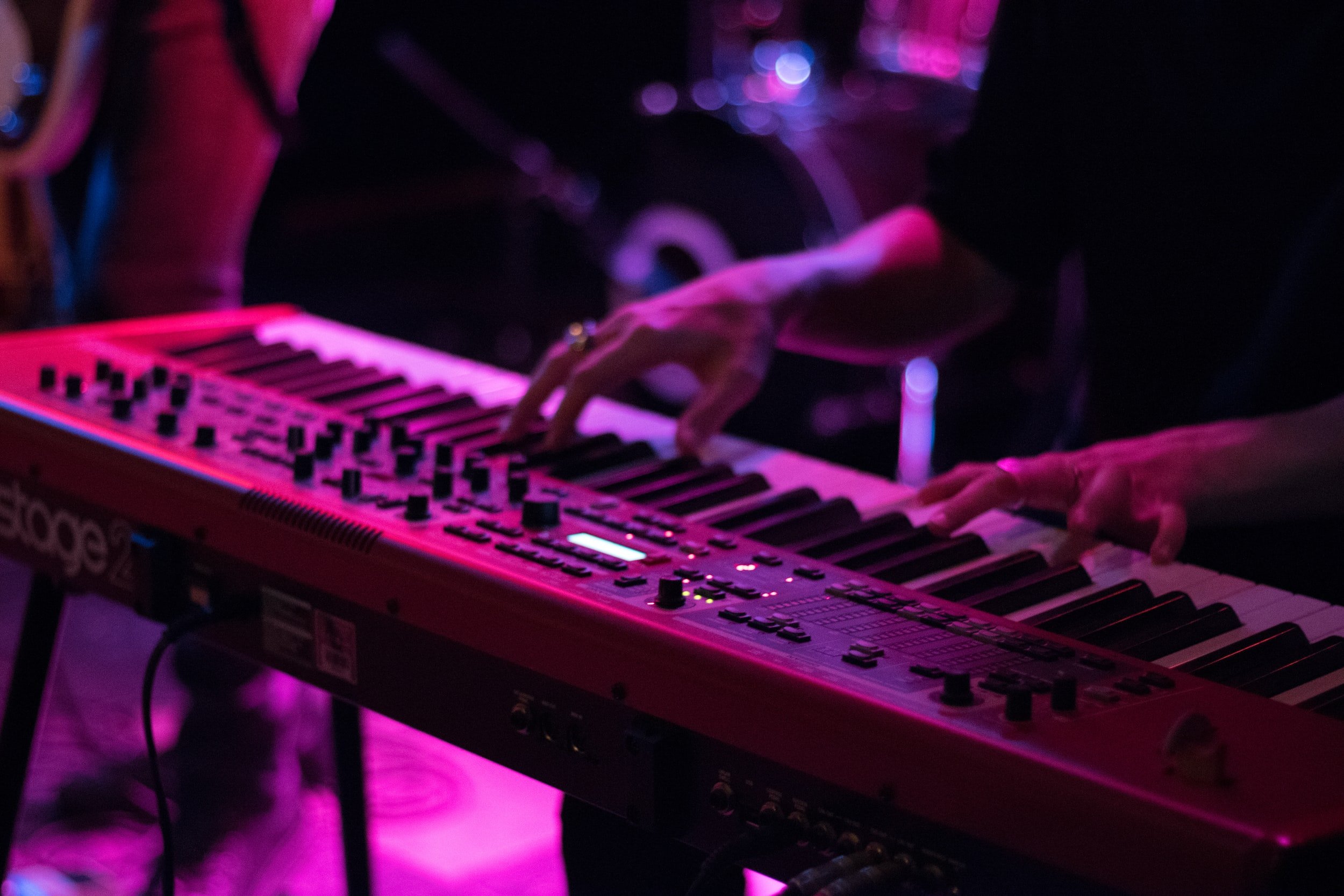
Music
If you love music, and everything to do with it, the music industry might be for you. However, there’s a lot more to the music industry than meets the eye.
The job roles available in music span a huge range of responsibilities, such as working in a record label as an A&R or a marketing manager, working in live music as a booking agent or a sound tech, working as a musician, or possibly tour managing another artist. The possibilities are endless!
A lot of the assumptions surround the fact that music isn’t a money-making business, and that it’s not the answer to a long-term stable career. Anyone who works in the music industry would tell you otherwise - the UK music industry revenue is now worth £1.26 billion, having grown 13% across 2021.
It’s a forever growing industry and the roles available extend way beyond an office job in a large record label.
-
🎪 Music and experiences go hand-in-hand: The live music sector, which is now worth £1.1 billion.
🎶the UK’s streaming revenue last year improved by 13.7 percent from 2020, to £837.2 million ($1.10 billion).
🎸 There are very few musicians: Employment hit an all-time high of 197,168 in 2019 - barely any of which were musicians who are mostly self-employed.
🎤 It employs hundreds of thousands: It’s a £4.5bn industry that employs over 200,000 people.
✈️ It’s a great sector for tourism: Music tourists contribute at least £864 million a year to the UK economy.
💥 It’s great for people that need variety: Most skills in the live music & festivals space are transferrable across the events industry (which employs 1 million people).
💰 Pre COVID UK music tourism contributed £4.7bn to the UK in 2019, up 6% from 2018.
💰 It makes a lot of money: The UK music industry contributed £5.8 billion to the UK economy in 2019 – up 11% from £5.2 billion in 2018.
👀128,000 in 2020, down from 197,000 in 2019 due to the unfortunate consequences of the COVID-19 pandemic
🎶 Overseas visitors to UK shows and festivals totalled 845,000 in 2018, while there were 11.7m domestic visitors to music events and festivals.
🎵 UK music consumption was up for a sixth consecutive year in 2020, with 155m albums or their equivalent either streamed or purchased in the UK – an 8.2 per cent rise on 2019.
📱 Digital music has been taking the world by storm, nearly tripling its market share between 2010 and 2019. Having accounted for only 26.3 percent of the music industry ten years ago (a year after Spotify launched in the UK), digital rose to make up 77.5 percent of the music sector’s spend by 2019.
-
💀Dead musicians will start showing up everywhere—via holograms, biopics, deepfake vocals, and other technology-driven interfaces.
🕺An example of the use of holograms in recent musical developments is the ABBA tour, where the entire set was done by a hologram of the band.
📱 More new artists will get their big break from web platforms (TikTok!) than from record labels.
👀 Platforms are less-than-ideal ways to introduce new artists to curious listeners. A whole new platform could emerge during the next decade—an interface that makes it fun and exciting for music fans to hear new music.
-
Like the sound of Music?
Learn more on the ERIC app through our industry guides. When you’re ready to explore further, you can start browsing the Music section for opportunities, events, courses and more!


